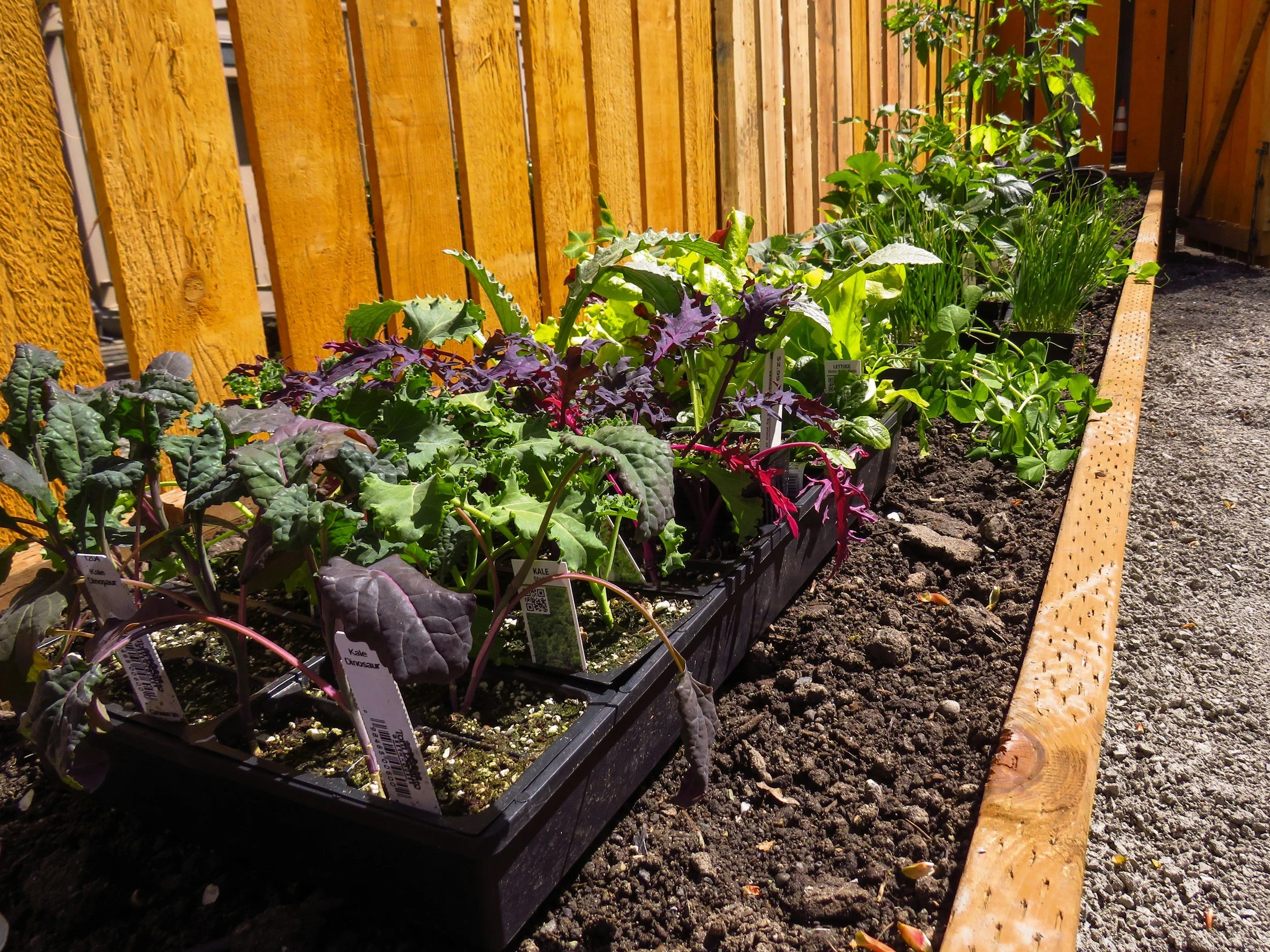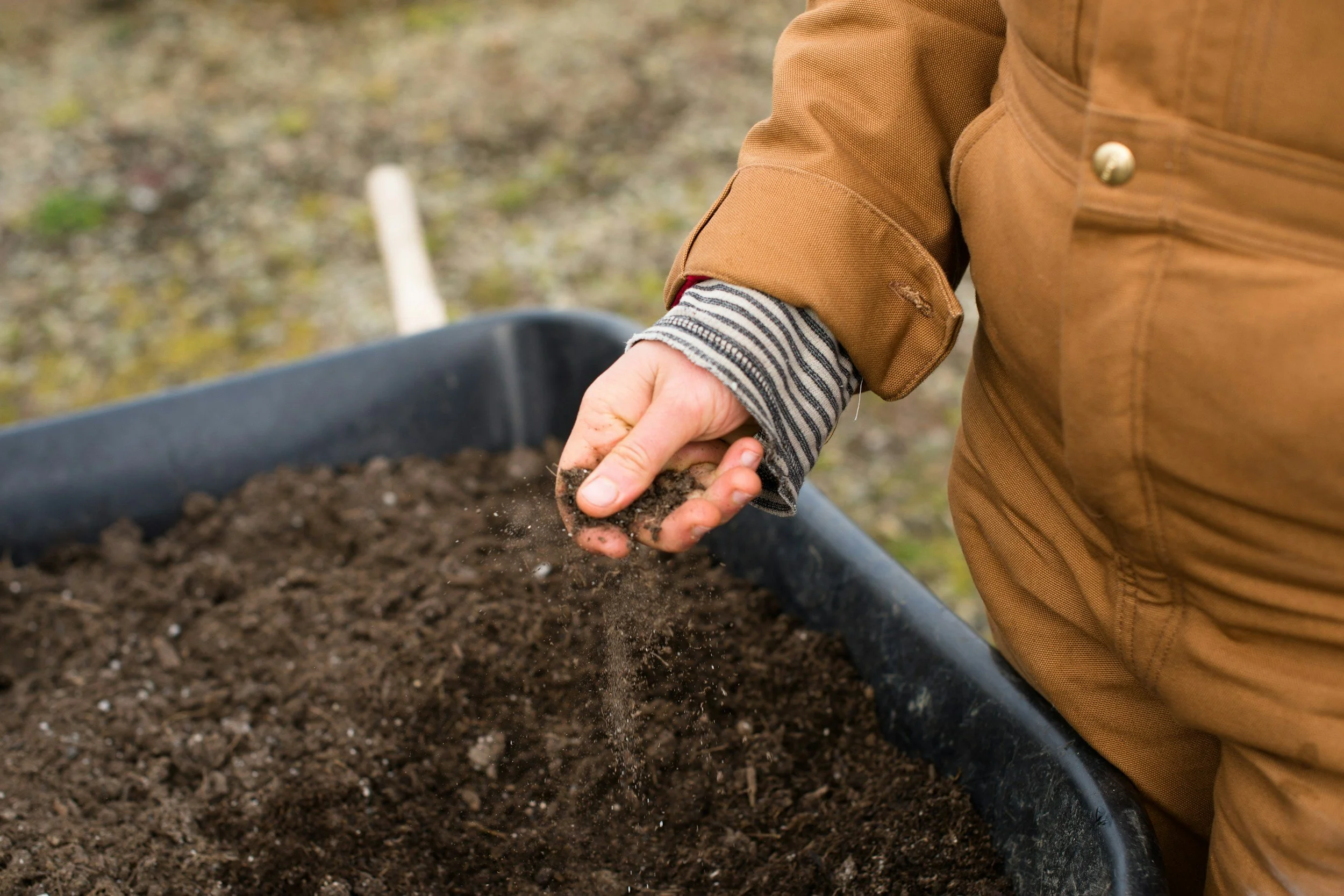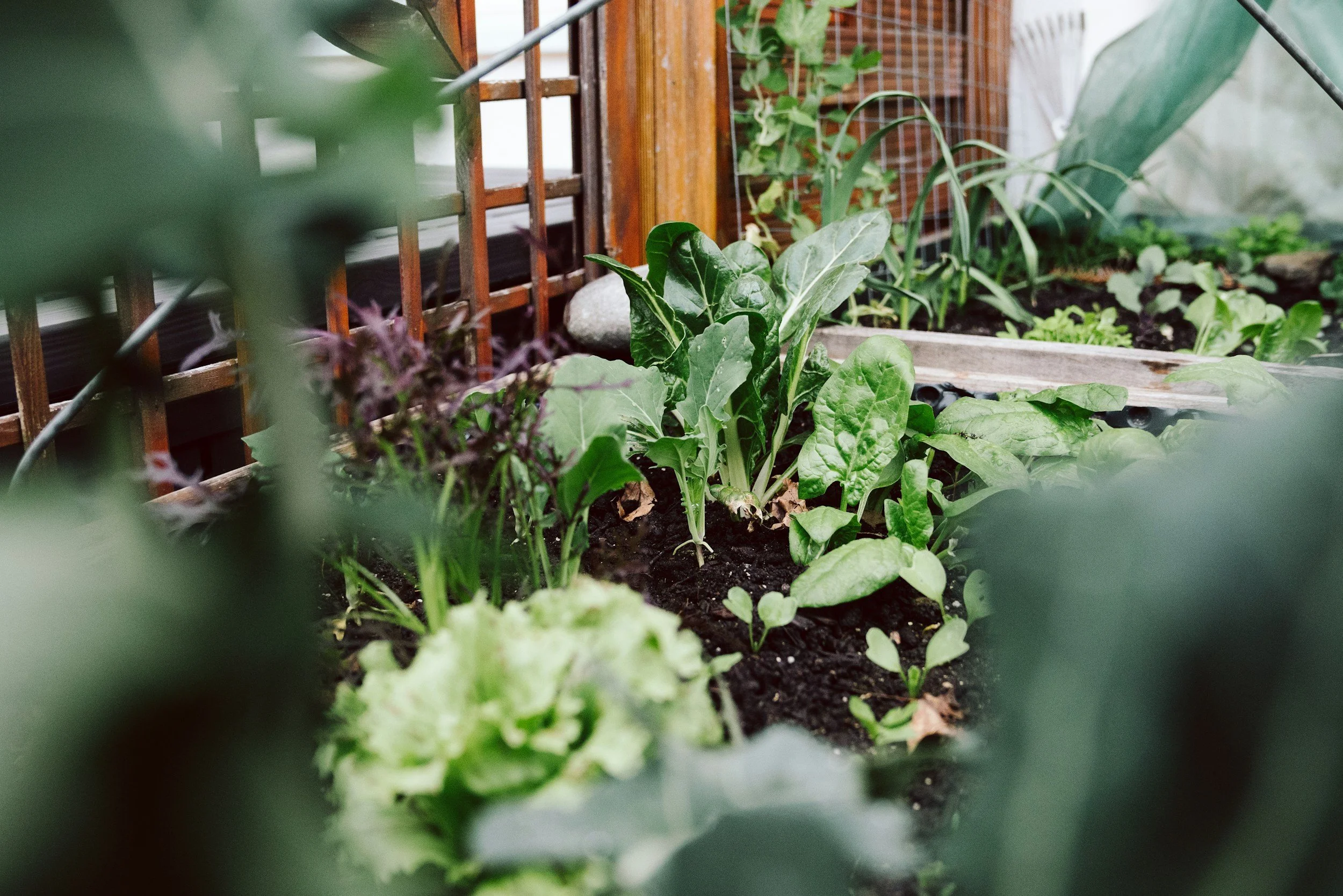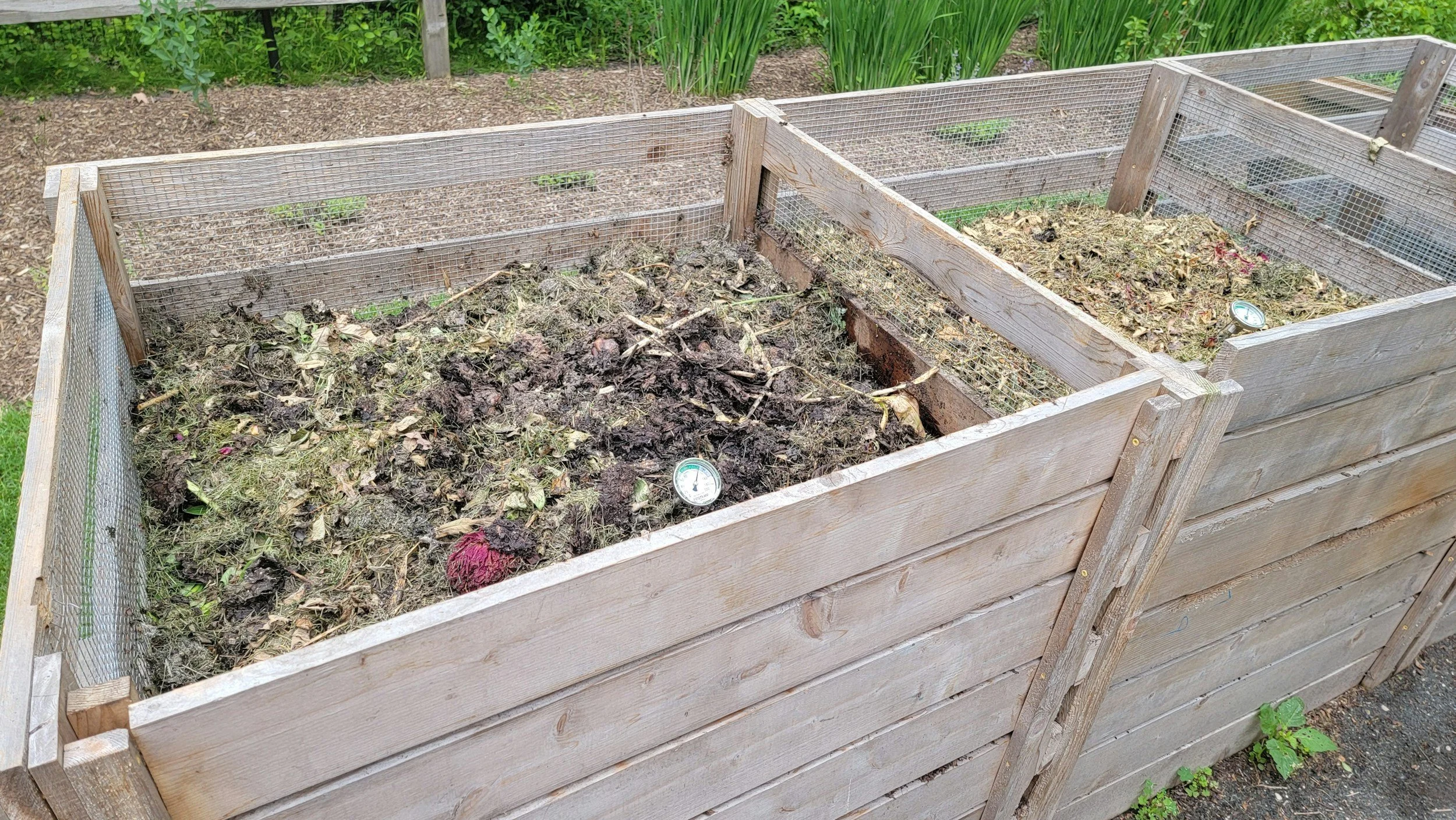How Good Stress Can Help You Become More Resilient in Life
/Let’s face it, stress is a major part of life in the world today, especially if you are working (inside or outside the home), have children, or live in an urban environment. As a divorced mom of 2 kids with a full-time job, consulting work, and running my business, Green and Prosperous, I manage a fair amount of stress on a regular basis. During the course of my regular workweek, as a professor, I also see – and try to help mitigate – the stress my students face. With so many responsibilities to handle, and so many of them juggling long commutes, internships, volunteering, financial problems, or managing families (since most students these days are non-traditional) in addition to going to school full-time, I sometimes wonder how my students deal with it all, at such young ages. In fact, many of them do not deal well with stress, and a select few end up dropping or failing out of their programs. At worst, they become dependent on medication to manage their anxiety, or suicidal.
Photo on Visual hunt
It’s no secret that stress can have disastrous effects on our physical and mental health. There are no shortage of studies that have demonstrated that chronic stress can cause respiratory ailments, cardiovascular disease, gastrointestinal ailments, reproductive challenges, and mental and psychological problems. But is all stress bad?
In fact, some kinds of stress may actually be good for you. That’s because the experience of stress is contingent upon a number of factors, like frequency and intensity. When stress is overwhelming, continuous, and overly harsh, it depletes our energy and taxes our body’s neurotransmitters, weakening the body and mind. On the other hand, when physiological and psychological stress is intermittent, and we experience and subsequently recover from it, we actually become better at managing it.
The ability to manage stress – through self-control – is not only a skill and an asset, it actually determines our outcome in life. An important and ongoing study from New Zealand that has been tracking 1037 children from birth to the present elaborates on these connections.
The study, called the Dunedin Multidisciplinary Health & Development Study (Dunedin Study for short), begun by Dr. Phil A. Silva at the At the Dunedin School of Medicine at the University of Otago, has been ongoing since 1972. It found that children who learned to manage stress from a young age coped better with life’s difficulties. Development of these skills early in life essentially translated into better outcomes in adulthood, no matter the environment they had grown up in.
In essence, the study determined that
self-control (stress management) is a better predictor of success in life than education or wealth.
Stress management, or self-control, is a cognitive and emotional skill set that is responsive to early intervention, as Columbia University psychologist Walter Mischel’s “marshmallow experiment” with children showed in the late 1960s. Preschool and elementary school ages are ideal for learning these skills, and since Mischel and Silva began their work decades ago, over 1,000 studies have been conducted that corroborated their findings. Although chronic, harsh, and ongoing stress wreaks havoc on the body and mind over time no matter the level of one’s stress management skills, people who learn how to manage stress at an early age generally show less wear and tear on the body over time than people who learn this skill later in life.
One reason for this is that adults have a much harder time developing executive functioning skills if they don’t already have them, although with training and time they can also develop effective stress management techniques.
What can you do to develop these skills so that you become more resilient in life? There is no silver bullet; rather, it’s more important to find the strategies that suit you best for handling stress in the situation you are in now. Here are 10 suggestions:
Focus on what you can control, not on what you can’t control. There is no point worrying about the things you can’t change. Do what you can do to improve your situation, and let the rest go.
Practice mindfulness – every day. This can be accomplished through meditation techniques, of which there are legion. Not into meditation, or turned off by the very idea? Engage in focused thought for 5-10-minute increments every day, working up to 15 minutes a day. You can focus your thought on anything that causes your mind to go still, like the rhythm of your breath going in and out of your nostrils, or a spot on the wall.
Do some yoga and stretching on a daily basis. Yoga has become popular all over the world, and there are many demonstrated physical and mental health benefits to it. Although yoga, as originally conceived in India thousands of years ago, is a comprehensive lifestyle system, most forms of yoga in the Western world focus on moving yoga poses, or asanas. There are numerous varieties of moving yoga for all body types and capabilities. Even doing some of the basic stretches will do your body and mind a world of good if practiced on a regular basis. This 30-day yoga practice plan by Very Well Fit is a good place to figure out where and how to begin.
Get better quality sleep. This doesn’t necessarily mean sleeping more, but sleeping better and more soundly, with minimal discomfort to wake you up during the night. A study of present-day hunter-gather tribes in Tanzania and Bolivia showed that, contrary to conventional wisdom, our ancestors probably slept no more than 6.5 hours a night and suffered no ill health effects from lack of sleep. What made the difference? Light and heat exposure, both of which help regulate body temperature. Sleeping outside is especially re-energizing (assuming you’re not sleeping near a source of heavy air pollution), especially if you can do so in a natural setting near trees – maybe on top of a camping blanket or in a cozy hammock? Since our core body temperature drops in the early morning hours, it’s best to layer up to stay warm and comfortable.
Eat a healthy diet – if you’ve been reading this blog for a while you’ve seen me write it so many times: take time to eat whole food and cook at least some of your food from scratch. Chopping and sautéing a meal of vegetables over rice isn’t that hard to do, even for you non-cooking types. What’s more, engaging in repetitive motions like chopping and stirring help focus and calm the mind (see #2 above).
Spend time outside in nature. Hike, go backpacking, garden, sit on your back deck facing the woods, take a walk around the block, or drive to a green area and hang out a while. Have trouble walking for extended periods of time? Try using hiking sticks to help navigate long routes, rough terrain, or hills.
Photo on Visualhunt
7. Find the thing – or engage in the activity – that makes you happy, and don’t neglect it. Develop a hobby that occupies your mind or engage in any activity on a regular basis that involves some kind of physical or mental agility. Sitting in front of the tv, computer, or your tablet doesn’t count, but playing a board game does (as long as you don’t sit for too long in one spot).
8. Seek out mild discomfort: exercise and put yourself through some physical stress. Over time, regular exercise improves your stress resilience by triggering your body’s stress response mechanisms. This enables you to cope with life’s difficulties. Even walking 1-2 days per week for 30-60 minutes each time helps.
9. Embrace being busy (within limits). Being busy can be a good stress. Being busy with things you love is good for you. Being busy while engaging in activities with other people is a good stress. Focusing on your own individual activities, however, is not as beneficial for stress management, well-being, or happiness.
10. Seek out social situations that nurture, not drain you. You need nurturing environments to provide security. Seek out relationships that are warm, supportive, and nurturing. Find ways to build in rest and recovery time from the recurring stress that drains your resources; this may involve shutting yourself off from people who are constant sources of stress in your life (even if you only shut them off temporarily). Engaging in activity as part of a religious group or gathering can also help nurture you, provided that the group does not seek to drain you or instill you with a negative attitude towards others, or towards life in general.
Do you use any of these stress management techniques? How do you cope with stressful situations in your life? I’d love to hear from you in the comment box below.
Like this? Please pin!







































